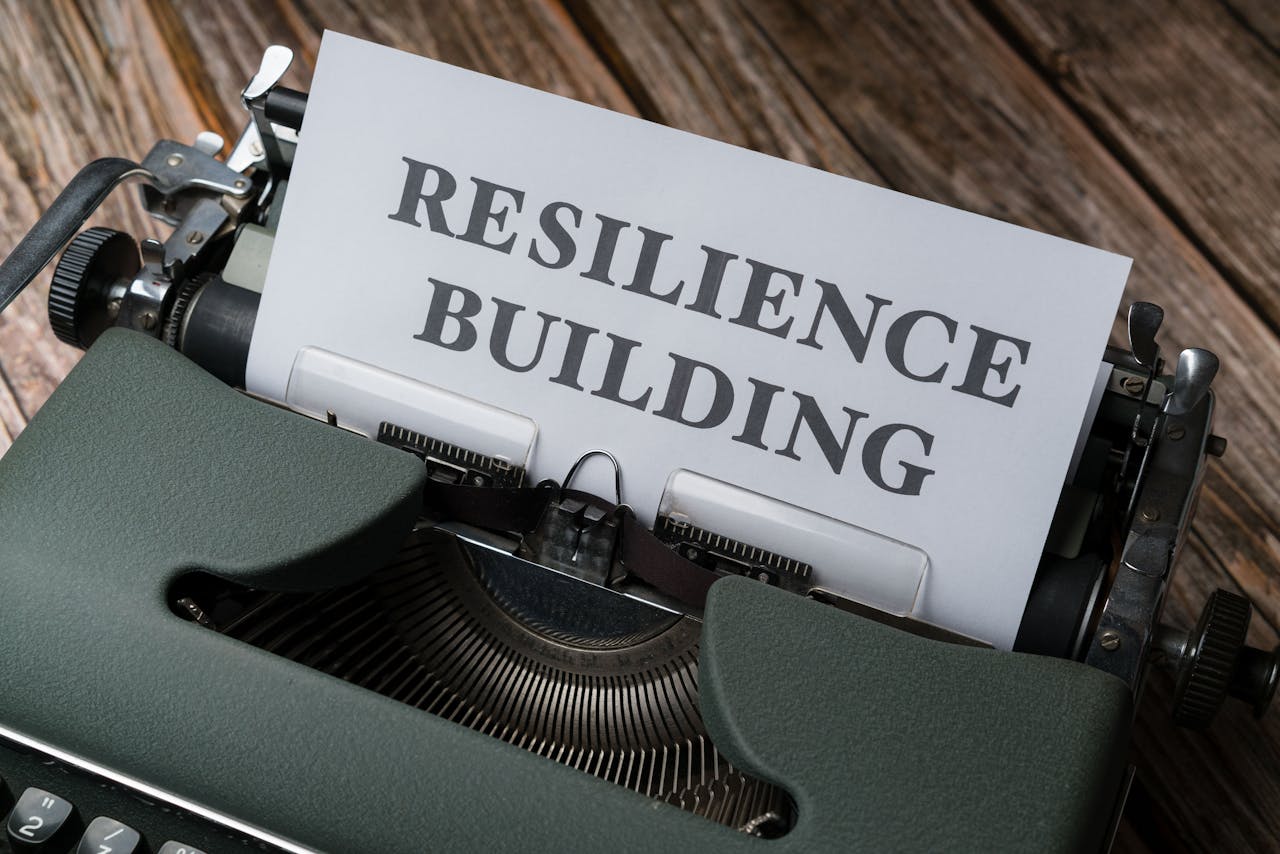Building Resilience: Coping Strategies for Life's Challenges
Resilience is the ability to bounce back from adversity, overcome challenges, and thrive in the face of difficulties. It's not just about surviving tough times; it's about growing stronger through them. Developing resilience is crucial for navigating life’s inevitable ups and downs. Here are some strategies to help you build resilience and cope with life's challenges.


Understanding Resilience
What is Resilience?
Resilience is the mental and emotional strength that allows individuals to cope with stress, adversity, and hardships. It involves maintaining flexibility, balance, and adaptability when confronted with difficult circumstances.
The Importance of Resilience
- Resilience is important because it:
- Helps manage stress and anxiety.
- Improves mental health and well-being.
- Enhances problem-solving skills.
- Promotes a positive outlook on life.
Developing a Positive Mindset
Embrace Optimism: Cultivate a positive outlook by focusing on what you can control and finding the silver lining in difficult situations. Optimism helps you see challenges as opportunities for growth rather than insurmountable obstacles.
Practice Gratitude: Regularly reflect on what you’re grateful for. Keeping a gratitude journal can help you focus on positive aspects of your life, fostering a more resilient mindset.
Building Strong Relationships
Seek Social Support: Surround yourself with supportive friends and family. Having a strong support network provides emotional comfort, practical assistance, and a sense of belonging.
Communicate Effectively: Open and honest communication is key to building and maintaining strong relationships. Share your feelings, listen actively, and offer support to others.
Developing Healthy Coping Mechanisms
Mindfulness and Meditation: Practice mindfulness and meditation to stay present and manage stress. Techniques like deep breathing, progressive muscle relaxation, and guided imagery can help calm your mind and body.
Physical Activity: Regular exercise boosts your mood, reduces stress, and improves overall health. Find activities you enjoy, such as walking, yoga, or dancing, and make them part of your routine.
Creative Outlets: Engage in creative activities like painting, writing, or playing music. Creative expression can be therapeutic and help process emotions in a healthy way.
Setting Realistic Goals
Break Goals into Manageable Steps: Set achievable goals and break them down into smaller, manageable tasks. This approach prevents feeling overwhelmed and helps maintain motivation.
Celebrate Progress: Acknowledge and celebrate your achievements, no matter how small. Recognizing progress reinforces your resilience and encourages continued effort.
Learning from Experience
Reflect on Past Challenges: Consider how you’ve overcome difficulties in the past. Reflecting on previous experiences can provide valuable insights and strategies for dealing with current challenges.
Embrace Change: Accept that change is a natural part of life. Being adaptable and open to new experiences helps build resilience and equips you to handle future uncertainties.
Seeking Professional Help
Therapy and Counseling: If you’re struggling to cope, seek professional help. Therapists and counselors can provide guidance, support, and coping strategies tailored to your needs.
Support Groups: Join support groups for individuals facing similar challenges. Sharing experiences and solutions with others can provide comfort and practical advice.
Maintaining Physical Health
Balanced Diet: Eat a nutritious diet to support your physical and mental well-being. Proper nutrition helps maintain energy levels, improves mood, and enhances overall health.
Adequate Sleep: Prioritize getting enough sleep each night. Quality sleep is essential for emotional regulation, cognitive function, and resilience.
Hydration: Stay hydrated to maintain energy and cognitive function. Dehydration can negatively affect mood and stress levels.


Building resilience is an ongoing process that requires time, effort, and dedication. By developing a positive mindset, fostering strong relationships, practicing healthy coping mechanisms, setting realistic goals, learning from experiences, seeking professional help, and maintaining physical health, you can enhance your ability to cope with life’s challenges. Remember, resilience is not about avoiding difficulties but rather about thriving through them, emerging stronger and more capable












